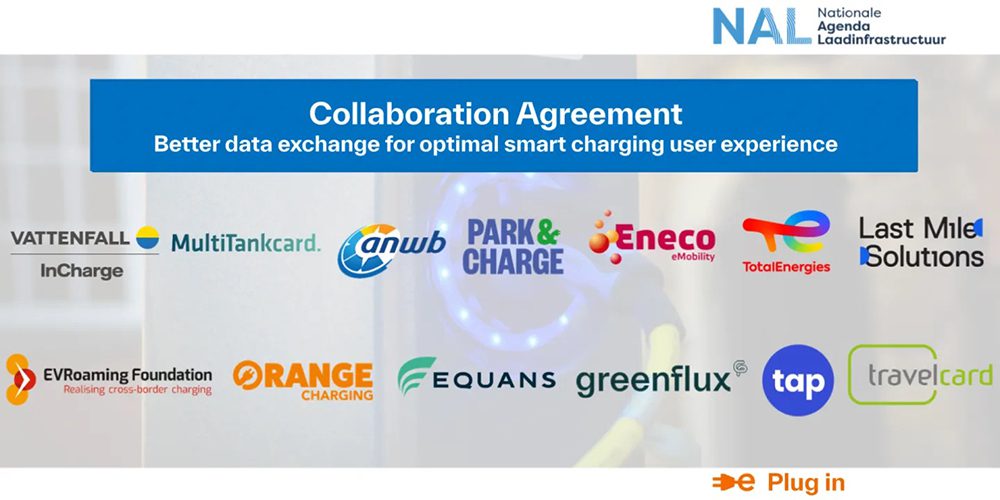Charging Ahead: Dutch EV Innovators Crack the Code on Smart Grid Connectivity

In a significant step towards optimizing electric vehicle (EV) charging infrastructure, leading organizations in the Dutch EV charging sector have come together to revolutionize data exchange. The newly established Ede Agreement brings together Charge Point Operators (CPOs), e-mobility Service Providers (eMSPs), and Charge Point Management System (CPMS) providers under a collaborative framework.
This groundbreaking partnership aims to streamline and enhance data sharing processes, ultimately creating a more efficient and intelligent EV charging ecosystem. By fostering seamless communication between key industry players, the agreement promises to improve the overall smart charging experience for electric vehicle users.
The initiative underscores the Netherlands' commitment to advancing sustainable transportation technology and demonstrates how strategic collaboration can drive innovation in the rapidly evolving electric mobility landscape. As the EV market continues to grow, such cooperative efforts will be crucial in developing a more integrated and responsive charging infrastructure.
